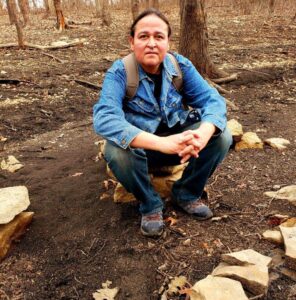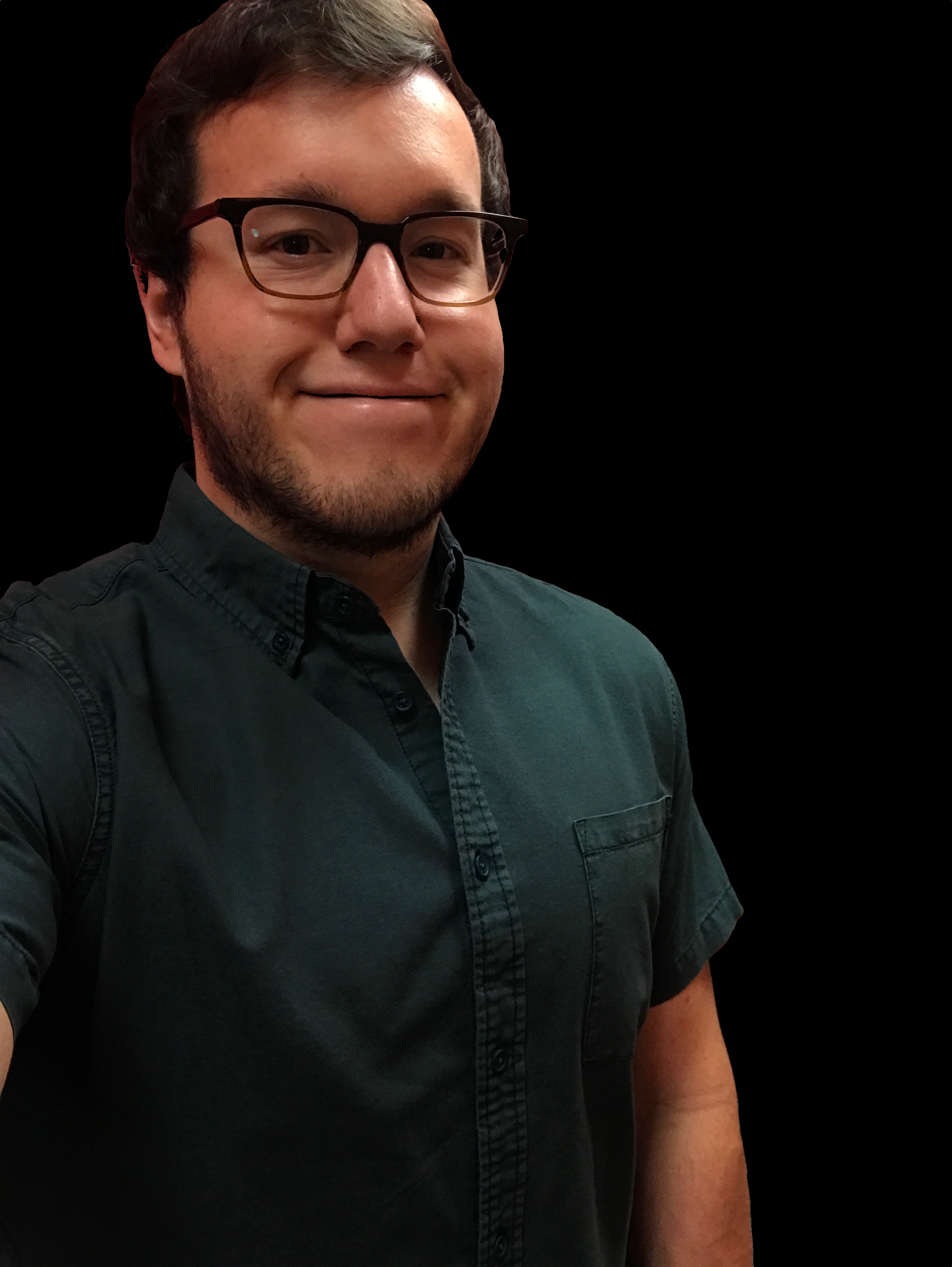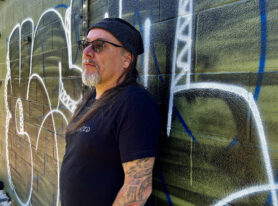Indigenous Heritage in Horror Month: Interview with Colin Medicine Horse
 Colin Medicine Horse grew up In and around the Topeka and Lawrence, Kansas areas. He has worked at Haskell Indian Nations University as a food service worker for 18 years. The title of his collection of poetry is Broken Bones, published in 2017.
Colin Medicine Horse grew up In and around the Topeka and Lawrence, Kansas areas. He has worked at Haskell Indian Nations University as a food service worker for 18 years. The title of his collection of poetry is Broken Bones, published in 2017. 





